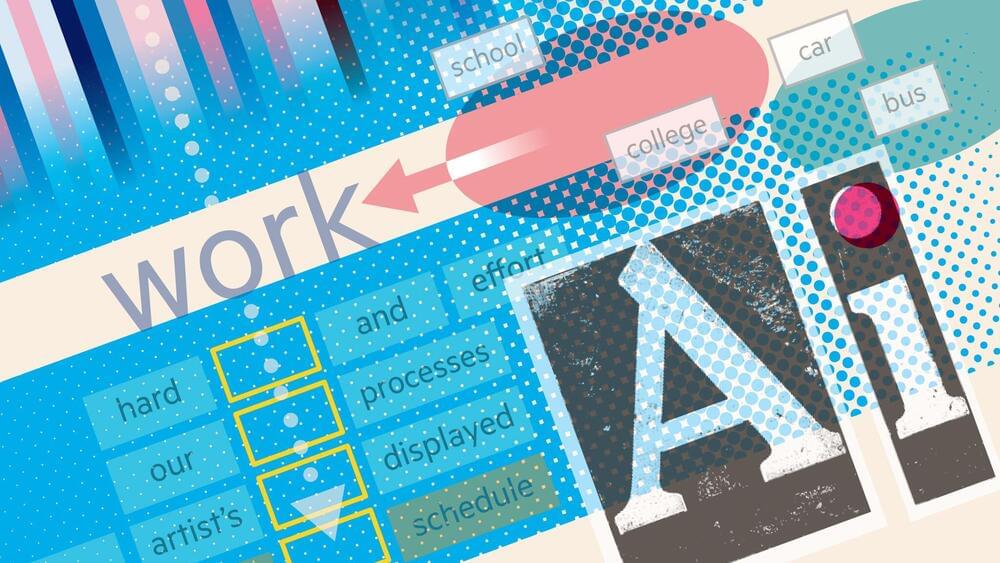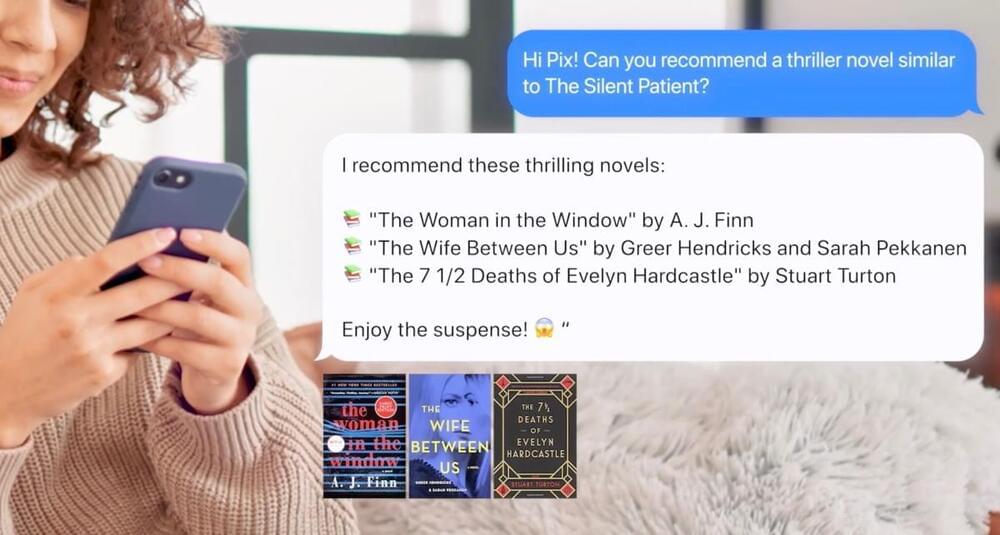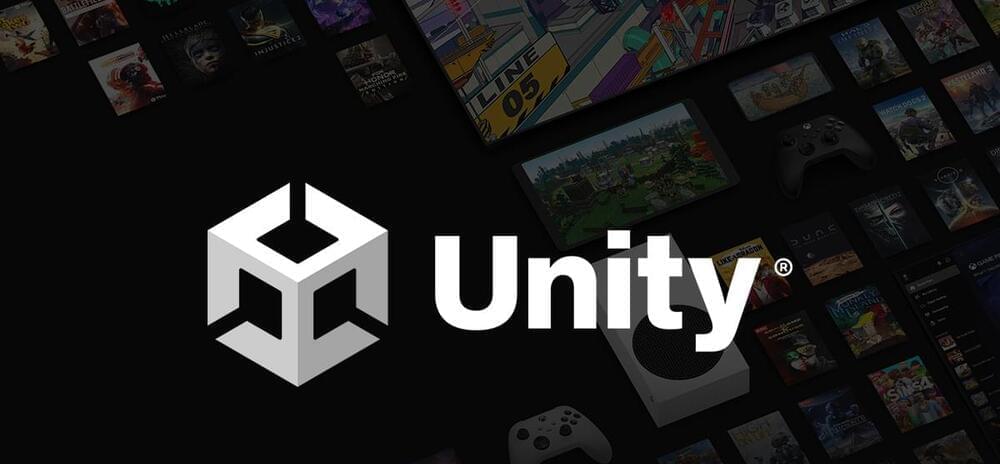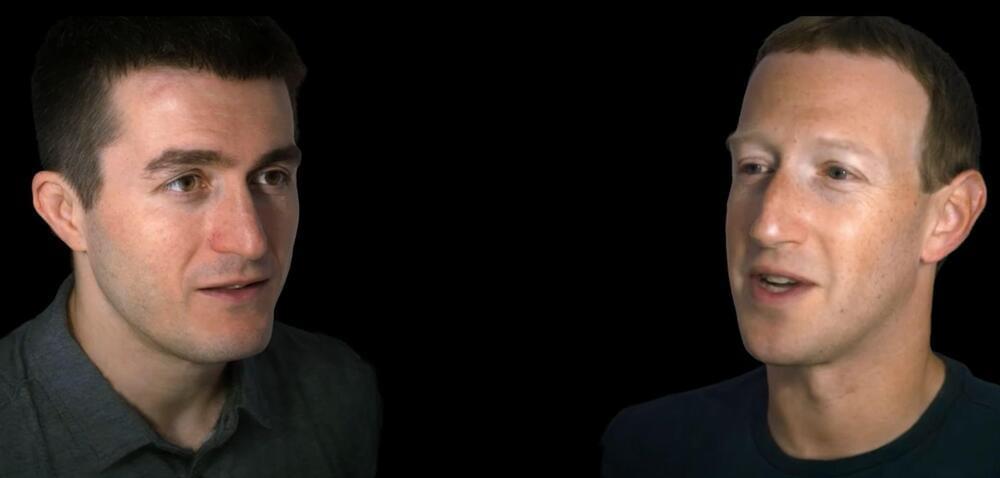FS-ISAC executive shares tips on operational resilience in the face of cyber threats. #cyberattacks
Preparing for the unexpected may be a contradiction in terms, but for financial firms it is essential for survival. The sector has long been a target for threat actors, given that this is where the world’s money is. And as the financial ecosystem becomes increasingly interconnected, threats to its security and resilience are rapidly evolving and increasing.
Operational resilience is not just about responding with agility to risks but also maintaining continuity of operations with minimal or — even better — no disruptions. So, whereas cybersecurity is about preventing and defending against cyberattacks, resilience focuses on sustaining operations despite attacks.
Recognizing the necessity of operational resilience, regulators are emphasizing the need to be prepared for unforeseen incidents. A prominent example is the EU’s Digital Operational Resilience Act (DORA), which provides a framework for the finance industry to detect, prevent, contain, and recover from attacks associated with information and communication technology (ICT).






